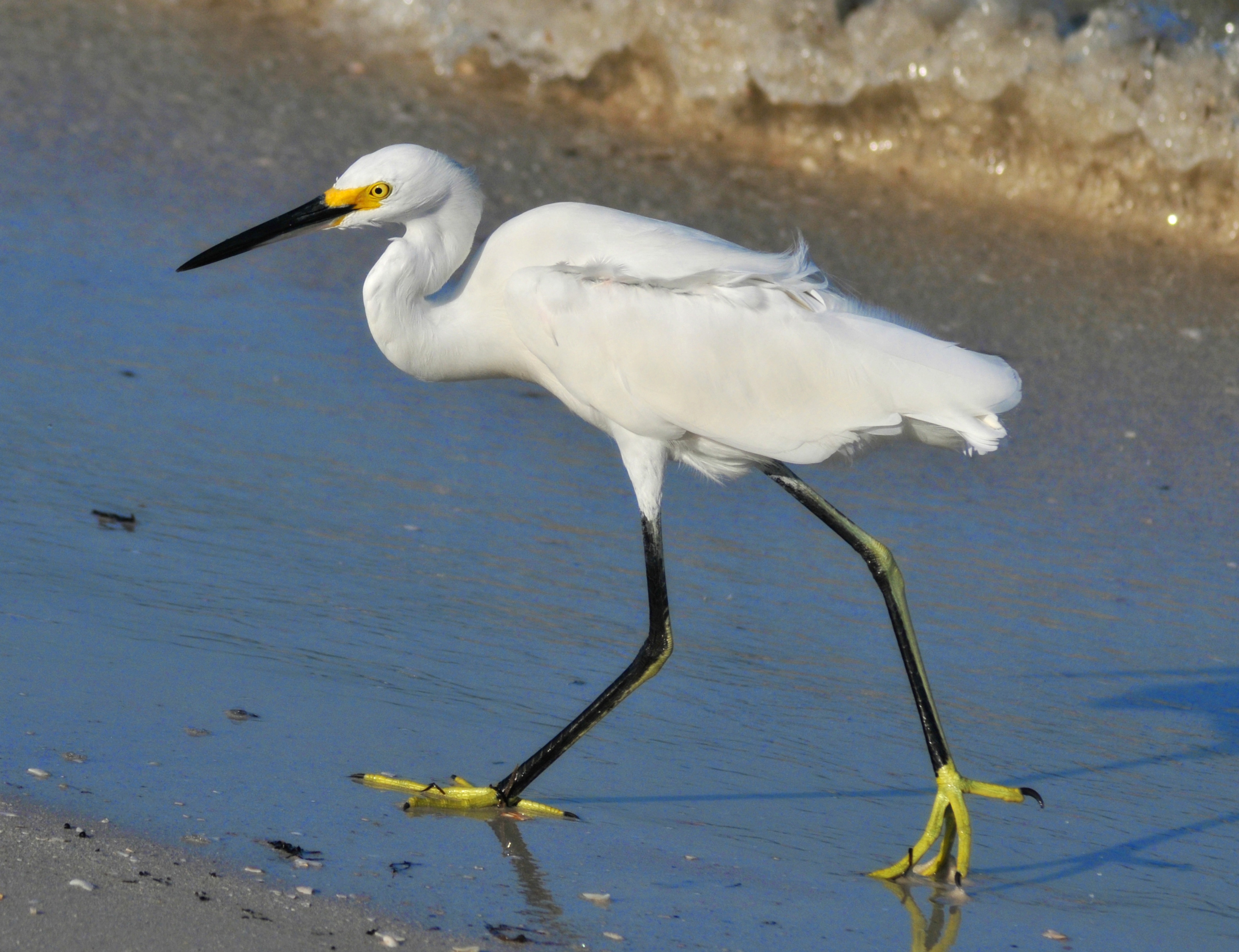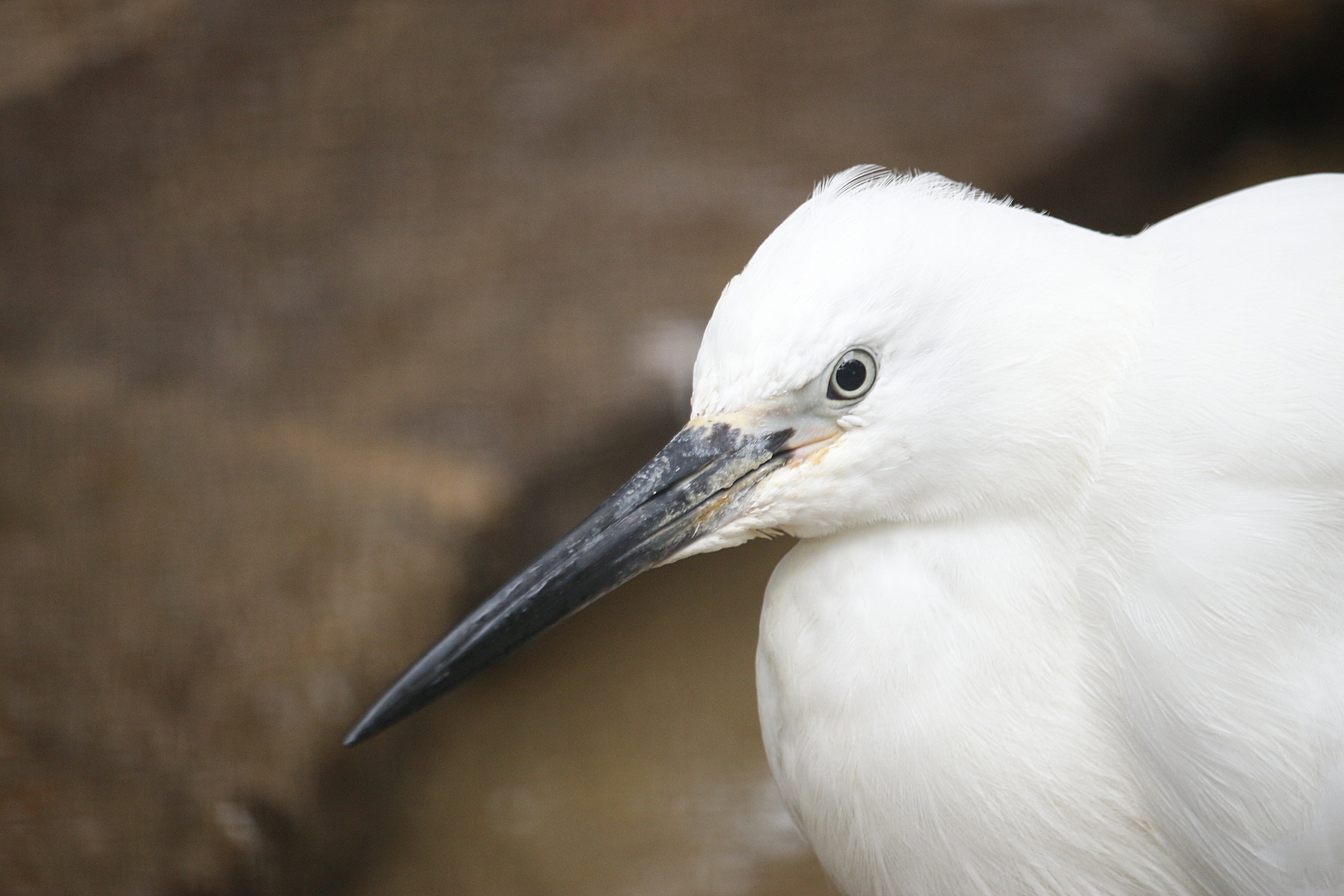Imagine stumbling upon a bird without a beak—sounds like something straight outta a sci-fi movie, right? But guess what? It's real, and it's absolutely fascinating. Birds without beaks are not just anomalies; they're proof of nature's incredible adaptability and resilience. If you've ever wondered how some birds manage to survive without their most iconic feature, this article is your ultimate guide. So buckle up, because we're diving deep into the world of these extraordinary creatures.
When we think about birds, the first thing that comes to mind is their beaks. They're like the Swiss Army knives of the animal kingdom—used for eating, preening, building nests, and even fighting. But what happens when a bird loses its beak? Is it game over for the little feathered champ? Surprisingly, not always. Some birds have managed to thrive despite losing their beaks, showing us that survival isn't just about having the right tools—it's about adaptability.
This article isn't just about birds without beaks; it's about resilience, evolution, and the sheer will to survive. Whether you're a bird enthusiast, a nature lover, or simply someone who enjoys mind-blowing stories, this piece has something for everyone. So, let's get started and uncover the secrets of these remarkable feathered friends.
- 90210 Walsh House Inside The Glamorous Life Unveiled
- Yao Shaq The Rise Of A Phenomenal Basketball Legend
Table of Contents
- What Is a Bird Without Beak?
- Biography of Birds Without Beaks
- How Do Birds Without Beaks Survive?
- Types of Birds Without Beaks
- Reasons for Beak Loss in Birds
- Impact of Beak-Less Birds on Nature
- Scientific Studies on Birds Without Beaks
- Adaptation Strategies of Birds Without Beaks
- Conservation Efforts for Birds Without Beaks
- Conclusion
What Is a Bird Without Beak?
Let's start with the basics. A bird without a beak isn't some mythical creature straight outta folklore. It's a real thing that happens more often than you might think. Beak loss in birds can occur due to injuries, diseases, or even genetic mutations. And while it may sound like a death sentence for these feathered friends, some birds have shown incredible resilience and found ways to adapt.
Think about it—beaks are like the Swiss Army knives of the bird world. They're used for everything from cracking seeds to building nests. But when a bird loses its beak, it doesn't necessarily mean it's game over. Some birds have learned to use their tongues, feet, or even the environment around them to survive. It's like watching a masterclass in adaptability, and it's absolutely mind-blowing.
- Surthycooks Net Worth The Untold Story Behind The Culinary Success
- Dexter And Sophia The Rise Of Ai Humanoids That Are Redefining Our Future
Biography of Birds Without Beaks
Now, let's talk about the birds themselves. Birds without beaks aren't just a random occurrence; they're part of a larger story about nature's resilience. These birds come from all walks of avian life, from sparrows to parrots, and each has its own unique story to tell.
Key Characteristics of Birds Without Beaks
Here's a quick rundown of what makes these birds so special:
- Adaptability: They've learned to use their surroundings to compensate for the lack of a beak.
- Resilience: Despite the odds, they continue to thrive in the wild.
- Innovation: They've developed new ways to eat, build nests, and interact with their environment.
Bird Without Beak Data Table
| Species | Location | Beak Loss Cause | Adaptation Method |
|---|---|---|---|
| Sparrow | North America | Injury | Using feet to crack seeds |
| Parrot | Australia | Genetic Mutation | Using tongue to eat |
| Duck | Europe | Disease | Using water to filter food |
How Do Birds Without Beaks Survive?
So, how exactly do these birds manage to survive without their beaks? The answer lies in their incredible adaptability. Some birds have learned to use their feet to pick up food, while others have developed a heightened sense of smell to locate food sources. It's like watching nature's version of a survival show, and it's absolutely mesmerizing.
For example, some sparrows have been observed using their feet to crack seeds, while parrots have been seen using their tongues to eat. Ducks, on the other hand, have adapted by using water to filter food. It's a testament to the ingenuity of these creatures and their ability to overcome adversity.
Types of Birds Without Beaks
Not all birds without beaks are the same. Different species have developed unique ways to adapt to their condition. Here are some of the most fascinating examples:
1. Sparrows
Sparrows are one of the most common birds to lose their beaks. They've adapted by using their feet to crack seeds, showing incredible dexterity and problem-solving skills.
2. Parrots
Parrots are known for their intelligence, and when they lose their beaks, they use their tongues to eat. It's like watching a master chef in action, except the chef is a bird.
3. Ducks
Ducks have adapted by using water to filter food. They've developed a unique technique that allows them to survive despite their condition.
Reasons for Beak Loss in Birds
Beak loss in birds can occur due to a variety of reasons, including injuries, diseases, and genetic mutations. Here's a closer look at each:
- Injuries: Accidents or fights with other animals can lead to beak loss.
- Diseases: Certain diseases can cause beak deformities or loss.
- Genetic Mutations: Some birds are born without beaks due to genetic mutations.
Impact of Beak-Less Birds on Nature
The presence of birds without beaks has a significant impact on the ecosystem. These birds have shown that survival isn't just about having the right tools; it's about adaptability. By thriving despite their condition, they've proven that nature is more resilient than we might think.
Moreover, the presence of these birds has led to new research and conservation efforts, highlighting the importance of biodiversity and the need to protect all forms of life, no matter how different they may seem.
Scientific Studies on Birds Without Beaks
Scientists have been studying birds without beaks for years, trying to understand how they manage to survive. These studies have provided valuable insights into the adaptability of these creatures and the importance of biodiversity.
For example, a study conducted by the University of Oxford found that birds without beaks have developed unique ways to eat and interact with their environment. Another study by the National Audubon Society highlighted the importance of conservation efforts to protect these remarkable creatures.
Adaptation Strategies of Birds Without Beaks
So, what are some of the adaptation strategies used by birds without beaks? Here's a quick rundown:
- Using Feet: Some birds have learned to use their feet to pick up food.
- Using Tongues: Others have developed a heightened sense of smell to locate food sources.
- Using Water: Ducks have adapted by using water to filter food.
Conservation Efforts for Birds Without Beaks
Conservation efforts for birds without beaks are crucial to ensuring their survival. These efforts include habitat restoration, research, and public awareness campaigns. By protecting these remarkable creatures, we're not just saving a species; we're preserving the incredible diversity of life on our planet.
Organizations like the World Wildlife Fund and the International Union for Conservation of Nature are leading the charge in protecting birds without beaks. Their efforts have led to significant progress in understanding and conserving these remarkable creatures.
Conclusion
In conclusion, birds without beaks are a testament to nature's incredible adaptability and resilience. Despite losing one of their most iconic features, these feathered friends have shown us that survival isn't just about having the right tools; it's about adaptability and ingenuity.
We encourage you to share this article with your friends and family, and to learn more about the incredible world of birds. Together, we can make a difference and ensure that these remarkable creatures continue to thrive for generations to come. So, what are you waiting for? Get out there and spread the word!
- Alexi Illustrates The Art Of Turning Dreams Into Masterpieces
- How To Make A Car Sound With Your Mouth A Fun And Easy Guide For Everyone


